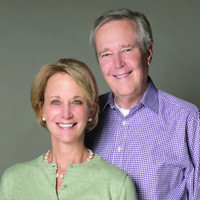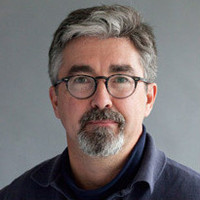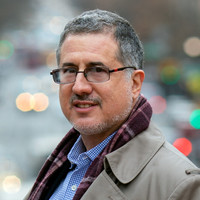The Borough Mystery: Dr William Kirwan
“Southwark’s petty thugs must have thought all their birthdays had come at once: a well-dressed toff stumbling round their borough in no state to defend himself, and with an alcoholic street whore as his only companion.”
Reconstructing a mysterious 1892 London murder.








